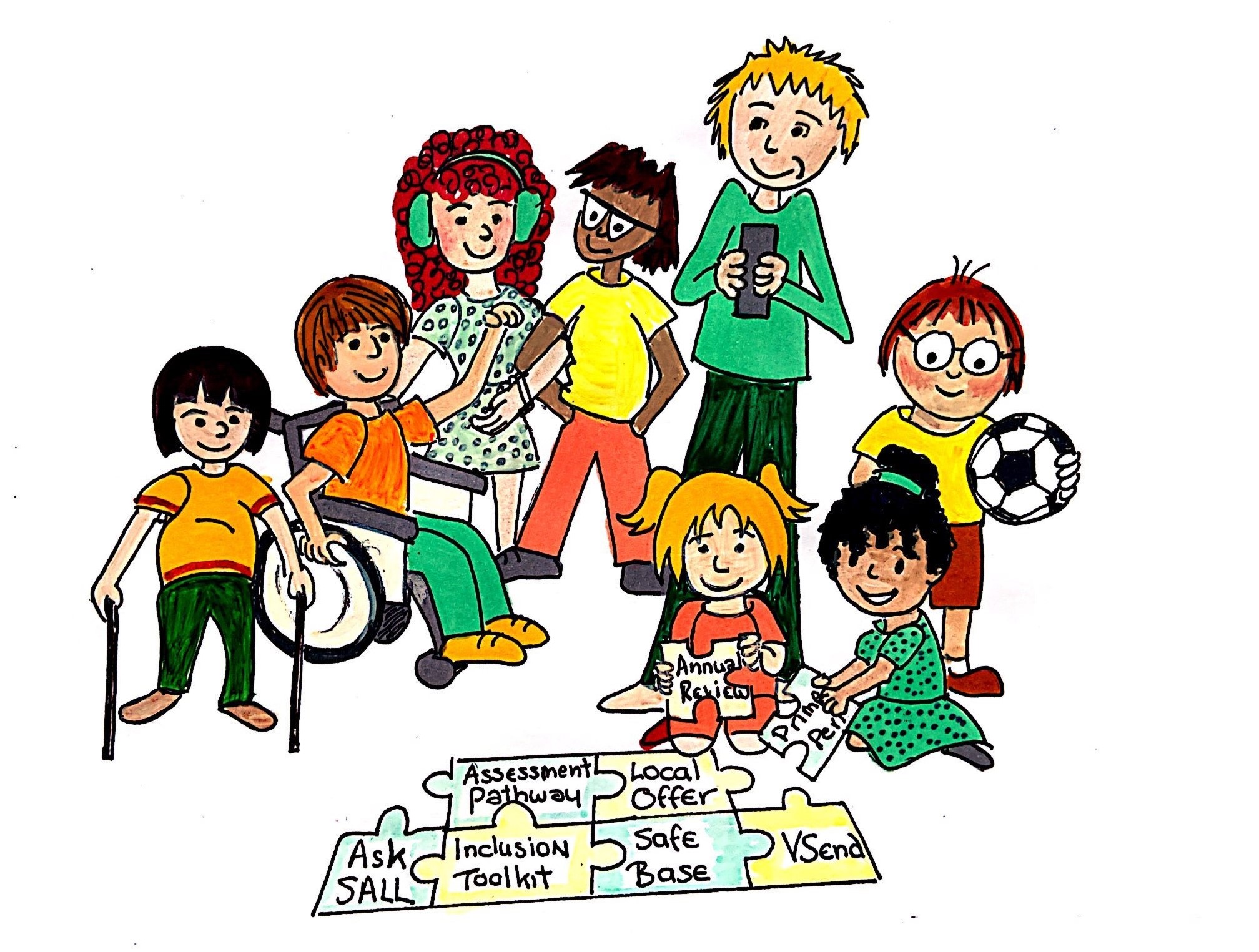Level 5-6 what you may notice
0-5
The child shows challenging, demanding or concerning behaviour of high frequency, intensity or duration. Frequently displays symptoms of mental health difficulties
- does not cooperate with care giving experiences
- attachment to key carers not securely established
- child is often withdrawn, with very limited social interactions and relationships
- appears passive and is isolated from peers. Seeks too little adult attention
- struggles more than peers to regulate emotions on a weekly basis
- child shows lack of flexibility in relationships and is very isolated
- significant difficulties understanding social boundaries and familiar routines. Regularly tests and challenges
- limited awareness of consequences of behaviour or safety
- sometimes (weekly) exhibits behaviour that can cause harm to others. For example biting or pinching and this has become routine behaviour
- difficulties understanding social boundaries and familiar routines
- unable to sustain activities that require co-operative skills. Changes to routine can cause high levels of anxiety or distress
5-16
The pupil shows frequent social and emotional behavioural difficulties which interrupt their own and others’ learning in a range of situations. The pupil’s needs are met using a combination of approaches, including small group, focus interventions and 1:1 individualised support, in and out of the classroom following support and advice from other practitioners as appropriate. Holistic assessment of the pupil’s needs are undertaken to ascertain whether there are underlying developmental, cognitive and/or communication needs.
Behaviour for learning
- inhibited participation in learning, understanding and contribution to activities in the classroom.
- non-compliance on a daily basis or disruptive behaviours
- difficult to learn from previous experiences, make good choices and understand the consequences of their actions.
- uncommunicative, significantly withdrawn behaviours or overly keen and attention needing behaviours such as calling out and making regular interjections that are not always linked to learning.
- little regard for school rewards and consequences. They often struggle to understand the consequences of their behaviour on themselves and others, which may result in aggressive behaviour towards peers or staff, or in unsafe decision-making more than once per week
- may show patterns of stress or anxiety related to specific times of the day in response to particular activities and instructions
Social skills
- complex mental health needs which impact on their social relationships
- challenges in understanding the consequences of their behaviour on themselves and others, and they may find it difficult to learn from previous experiences which may result in aggressive behaviour towards peers or staff, or in unsafe decision-making
- significant difficulties with social interaction, deteriorating relationships with adults or peers
- inappropriate language or communication (inability to adapt to context)
- inappropriate or risk taking behaviours
- possible sexualised behaviour towards others
- instances of aggressive or violent behaviour increase in frequency and severity
- significantly withdrawn and finds it very difficult to form social relationships, or disengages from relationships with most peers.
- over-friendly or withdrawn with strangers, and unaware of vulnerable situations.
- deteriorating attendance
Emotional regulation and self-regulation
- the development of habitual behaviours impacts on participation in daily life on a weekly basis
- sometimes engage in in harmful coping strategies. For example self-harm and activities which deliberately put them in dangerous situations. Leaving school, leading to extreme social isolation, vulnerability and disengagement
- persistent anxiety relating to separation from parent or carer beyond age-appropriate expectations and low levels of emotional resilience, meaning that any criticism or unforeseen upset results in high levels of distress or destructive behaviour
- difficulty regulating their emotions. For example intense emotional or aggressive outbursts, uninhibited unpredictable outbursts, inappropriate sexualised behaviour, high levels of anxiety, hyper-vigilance and mood swings to the extent that learning and progression is limited


